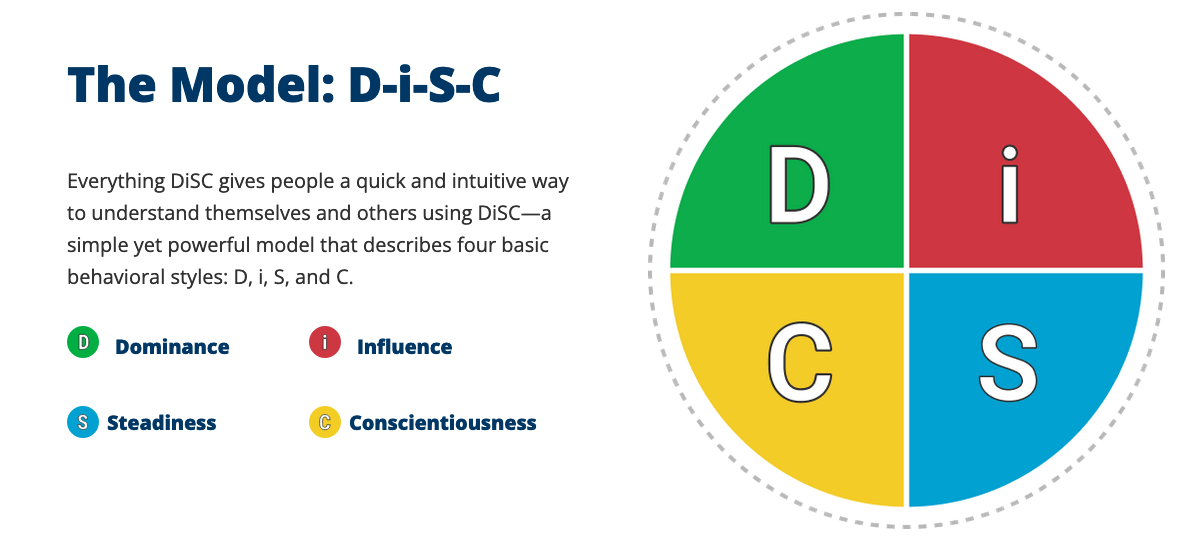Type A & B personalities refers to a somewhat discredited theory that people fall into two categories. These are Type A (competitive, impatient, ambitious) and Type B (relaxed, less frantic and calmer). The theory says that that Type A people have worse heart health.
Summary by The World of Work Project
Type A and Type B Personalities
The phrase “type A” personality entered the common lexicon many years ago. You’ll still regularly hear the phrase used to refer to “go-getters” or active and driven individuals.
While, of course, the world does have active, driven and motivated individuals, the actual concept of Type A and Type B personalities as defined in the original work on this concept is fairly flawed.
The Research
The concept of Type A and Type B personalities is based on research undertaken by two cardiologists, Friedman and Rosenman. As their profession suggests, they were looking into heart health.
In their work they identified a relationship between personality types and risk of heart disease and high blood pressure. Over time, the team identified that people who are generally more wound up (Type A) have worse heart health that people who are generally more relaxed (Type B). In their work they sought to provide more details around they characteristics of these Type A and Type B personalities.
Type A Personalities
Type A personalities are generally more highly-strung than type B. They tend to be competitive, self-critical, intense and likely to overact. They’re always in a rush and can be impatient or frustrated by inefficiency. They try and make the most of their time and may try to multi-task.
They often work very hard, but generate little joy from their accomplishments. They’re also more likely to become angry than type B personalities. They may see the worst in others and may take part in physical or verbal aggression and bullying.
Type B Personalities
In this model, Type B personalities are calmer and more relaxed than their type A counterparts. They come across as less in a constant rush to get things done and often have less an a sense of need to compete, perform well, achieve highly or complete many things.
They’re patient, measured, more tolerant and more likely to spend their time relaxing or helping others. They generally see the good side of events and people. It’s said they seldom become frustrated or angry with others, and are almost never instigators or either physical of verbal aggression.
Learning More
You might want to learn more about personality tests, an area we’re not experts in. You can read our posts on Discovery Insights, Merrill-Reid, Birkman and the Big Five as a starter.
Please consider our posts on these topics just a starting point from which to further your reading and understanding. As a starting point to explore more widely, we recommend looking at The Open Source Psychometrics Project.
On a side note, you might enjoy reading about the dark triad of personality types as well.
You can listen to our old post on personality below – caveats per above apply:
The World of Work Project View
The phrases Type A and Type B are used fairly commonly. There’s nothing really wrong with these labels being used as a shorthand way to describe people. That said, there’s nothing really scientific about it either. Like many personality categorizations, they’re not based on much evidence.
In relation to the original research as carried out in relation to heart health, things are even more dubious. This research is somewhat discredited with claims that tobacco funding supported it in an effort to find non smoking related causes for poor coronary health.
There remains a scientific view that anger and aggression are causally correlated to increased risks of poor heart health, but a there seems to be little consensus regarding the other aspects detailed in this model.
In our view, there is no real reason to consider this model in the workplace. Where personality tests are desired, we think the “Big 5” is the best one to adopt.
How We Help Organizations
We provide leadership development programmes and consulting services to clients around the world to help them become high performing organizations that are great places to work. We receive great feedback, build meaningful and lasting relationships and provide reduced cost services where price is a barrier.
Learning more about who we are and what we do it easy: To hear from us, please join our mailing list. To ask about how we can help you or your organization, please contact us. To explore topics we care about, listen to our podcast. To attend a free seminar, please check out our eventbrite page.
We’re also considering creating a community for people interested in improving the world of work. If you’d like to be part of it, please contact us.
Sources and Feedback
This post is based on original work by Friedman and Rosenman. You can read more in their 1976 article: “Multivariate prediction of coronary heart disease during 8.5 year follow-up in the western collaborative group study”.
We’re a small organization who know we make mistakes and want to improve them. Please contact us with any feedback you have on this post. We’ll usually reply within 72 hours.






